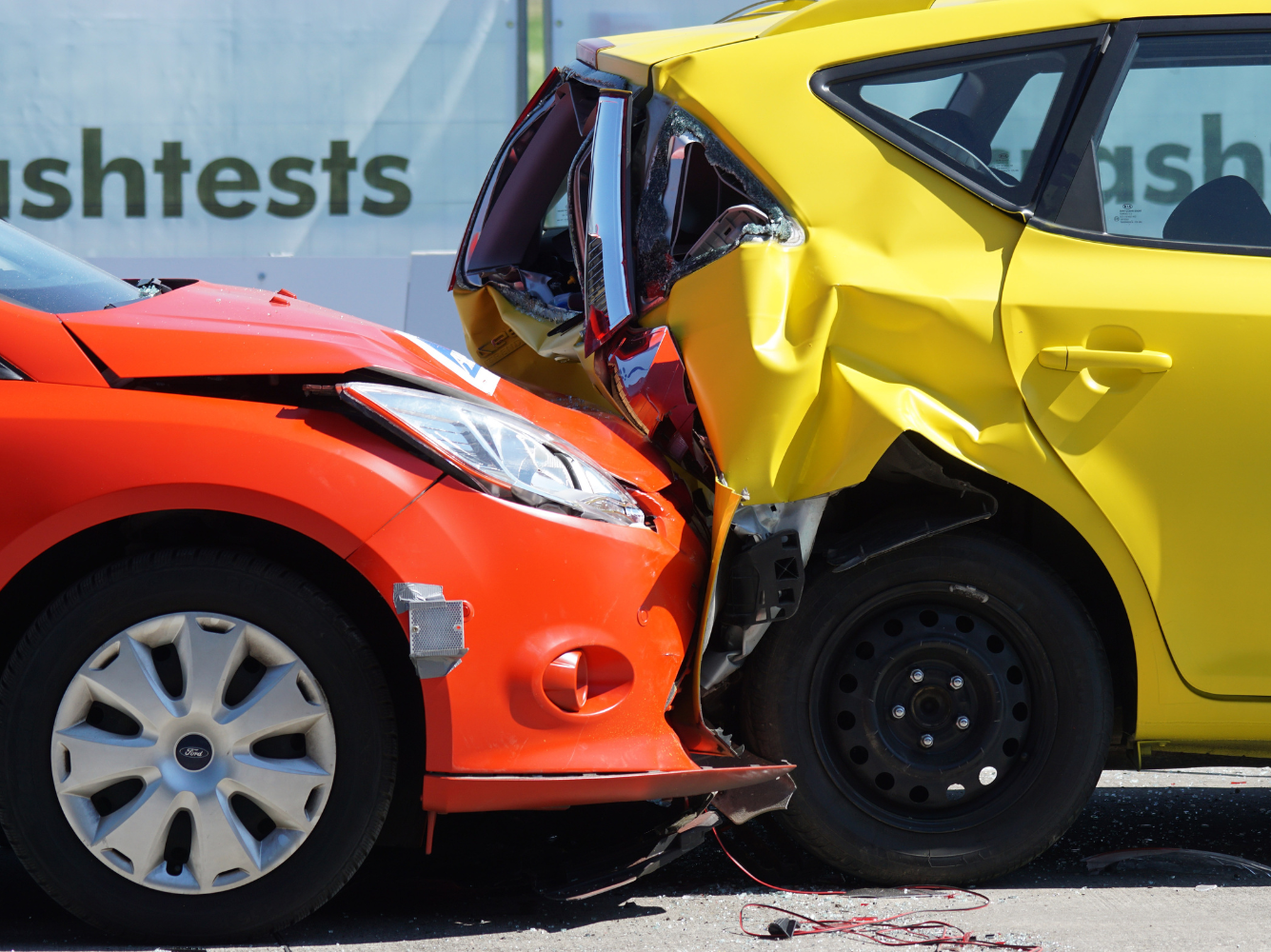Blog
Stay informed with practical advice from Baltimore’s top-rated personal injury lawyers.
By Baltimorelaw

Rear-end collisions are among the most common types of accidents on Baltimore’s busy roads. Whether it happens on I-95, the Jones Falls Expressway, or a neighborhood street, these crashes can leave drivers and passengers facing serious injuries, mounting medical bills, and stressful legal battles.
But who is at fault when a rear-end accident occurs? The answer depends on Maryland traffic laws, evidence at the scene, and how negligence is proven in court. This guide explains how fault is determined in rear-end collisions in Baltimore, what victims should know, and how to protect your rights after an accident.
A rear-end collision happens when one vehicle strikes the back of another. While many think of these as “minor fender benders,” they can cause severe injuries such as whiplash, back trauma, concussions, and even permanent disability. According to the National Highway Traffic Safety Administration (NHTSA), rear-end crashes account for nearly one-third of all traffic accidents nationwide.
In Baltimore, heavy traffic, distracted driving, and sudden stops often contribute to these types of crashes.
Maryland follows the fault-based system for car accidents. This means the driver who caused the crash is responsible for covering damages through their insurance.
In most rear-end cases, the driver who strikes another vehicle from behind is presumed at fault. This is because Maryland traffic law requires drivers to:
Failure to do so can be considered negligence under Maryland Transportation Code §21-310.
Rear-end crashes can happen for a variety of reasons. Some of the most common include:
Texting, eating, or adjusting navigation systems can pull a driver’s attention from the road, leading to delayed reaction times.
Exceeding the posted limit or driving too fast for road conditions makes it harder to stop in time.
Following too closely is one of the leading causes of rear-end accidents in Baltimore traffic.
Rain, snow, or ice make it more difficult to stop safely, increasing the risk of sliding into another vehicle.
If the vehicle ahead stops unexpectedly, the trailing driver must be alert and prepared.
Determining fault in rear-end collisions in Baltimore isn’t always straightforward. Insurance companies and courts will look at a range of evidence, such as:
In rare cases, the lead driver may be partially or fully at fault—for example, if they stopped illegally, cut off another car, or had defective brake lights.
Maryland is one of the few states that still follows the contributory negligence rule. This means that if you, as the victim, are found even 1% at fault for the accident, you may be barred from recovering compensation.
For example:
…the insurance company may deny your claim. This makes it essential to have a skilled Baltimore car accident lawyer evaluate your case.
If you’ve been involved in a rear-end crash, here are the steps you should take to protect your rights:
Victims of rear-end collisions in Baltimore may be entitled to several types of compensation, including:
Because insurance companies often try to minimize payouts, working with a lawyer is critical to receiving fair compensation.
Rear-end collision cases may look straightforward, but insurance companies often use Maryland’s contributory negligence law to deny valid claims. A knowledgeable attorney can:
At Baltimore Accident Law, we have extensive experience handling rear-end accidents and other personal injury cases. We know the local courts, the common tactics insurers use, and the strategies needed to build a strong case.
Rear-end collisions can happen in a split second, but their impact can last for years. Understanding how fault is determined under Maryland law is the first step toward protecting yourself and your family.
If you or a loved one has been injured in a rear-end collision in Baltimore, don’t navigate the legal process alone. Contact Baltimore Accident Law today for a free consultation and let our team fight for the justice and compensation you deserve.
Wondering about the potential value of your case? Our team is here to help you understand what compensation you may be entitled to. Share the details of your situation, and we’ll provide a personalized assessment based on your unique circumstances.